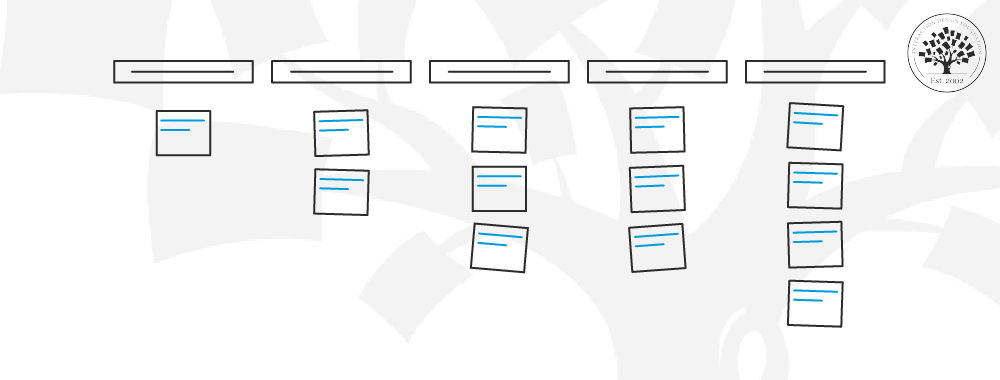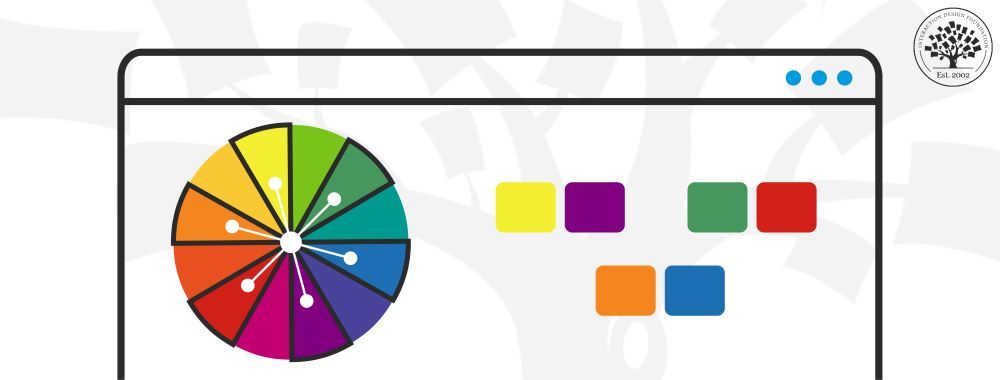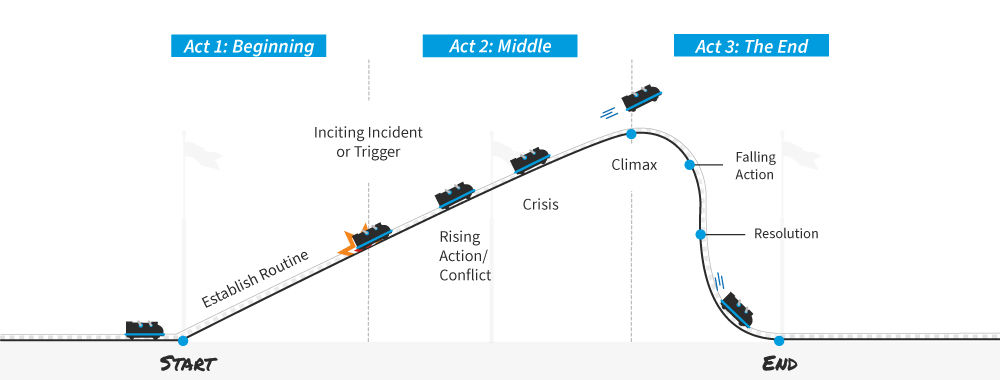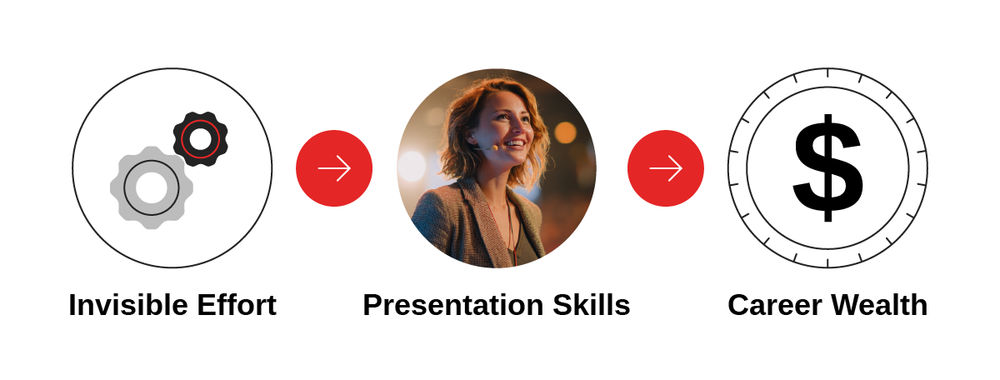If you’ve just started freelancing then you may not be prepared for all the things you need to handle now compared to just doing your job in your last paid employment. To make your freelance life easier – you can take some very concrete actions early in the day to get better results:
You Need an Accountant
The most important asset to most businesses is their accountant. Yes, they cost money but they earn you back more than you pay them if they’re any good. They’ll make certain that you’re covering your tax obligations, they can offer advice on what you need to charge and what you should charge, they can also ensure that you keep on top of your cash flow.

Even if you do your own book keeping an accountant is worth their weight in gold. There’s no point in winning tons of work – if it leaves you bankrupt.
Choose the Right Company Structure
This is another area that your accountant can help with. What’s the best structure for your company at this present time? Sole trading is a popular route for freelancers but a perilous one; in particular you are personally responsible for all the company’s debts if the company fails. Limited liability structures offer more protection but cost more to maintain. There may be other useful options within your legal environment too – your accountant should help you determine the best choice for your business.
Learn About Taxes

Once again, if you have an accountant this is going to be easier than doing the work solo. You need to know what taxes you will be liable for and as importantly what tax breaks are available to you too. This is no longer just about income tax (the only tax most employed people have to deal with at work), it’s about employer’s contributions to social welfare funds, it’s about VAT (whether to charge it or not), etc. You want to keep your taxes to a minimum whilst still complying fully with your local legal environment.
Sort Your Rates Out
You need to break down your expenses, your market and your ambitions and work out what to charge. The number one mistake of new freelancers is undervaluing their work – usually by trying to charge the same hourly rate they made as an employee or by discounting severely to try and win that first client. You can’t run your business without a sound commercial footing. Look to your accountant if you don’t know how to work this out by yourself.
Get On Top of Invoicing

Not getting paid is as often the fault of the freelancer as it is of the client. You need to send out invoices as soon as they’re due. You need to keep an eye on payment terms (7-14 days is ideal, 30 days is doable but can hurt cash flow, 60-90 days is a bad idea unless you have deep cash reserves) and ensure that clients meet their obligations. You may be able to charge interest on unpaid invoices too depending on your legal environment.
Header Image: Author/Copyright holder: 24 Seven. Copyright terms and licence: All rights reserved. Img
Image Source:
Kubra (link to image)
Small Business Sense (link to image)
Spiritus Financial (link to image)
4 Med Approved (link to image)











